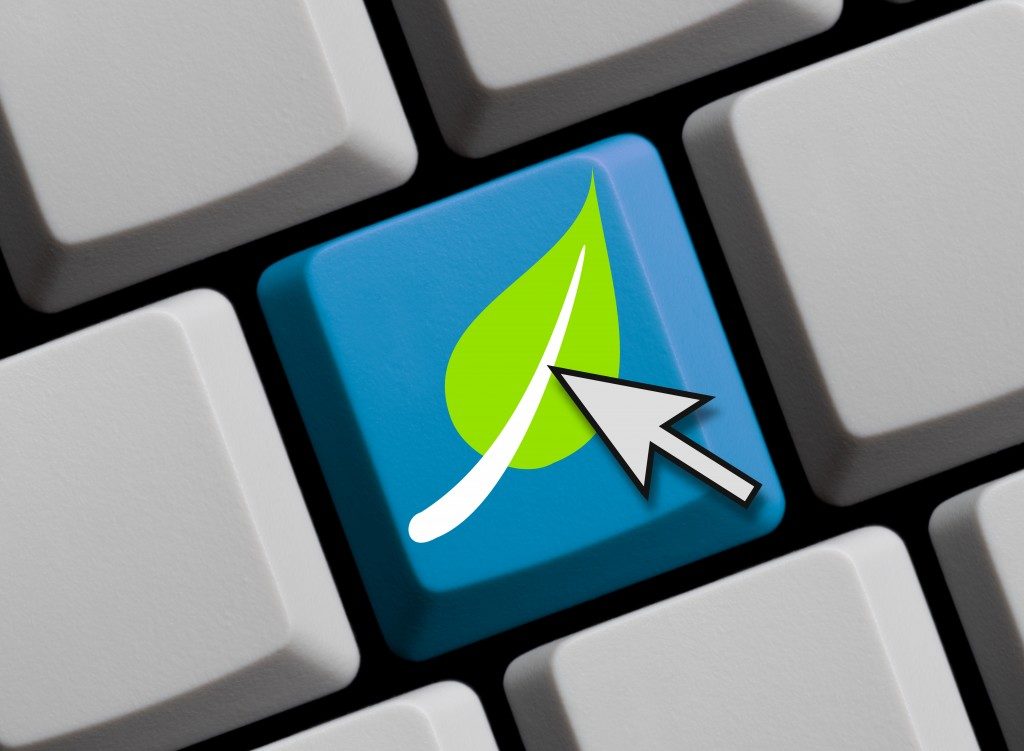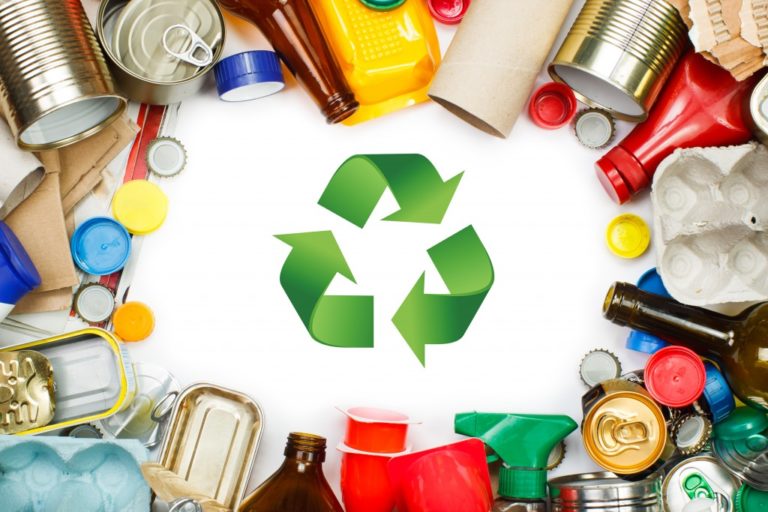Now more than ever, our efforts to help minimise waste and help save the environment matter. According to Recycle.co.nz., New Zealand disposes of around 15.5 million tons of waste every year and recycles only 28% of this.
With government agencies from many parts of the world working together with international environmental groups to design plans to sustainably manage waste, we can do our part.
Here are some simple steps on how we can reduce household waste.
Learn to recycle household waste
You have probably read or heard this in all the how-to posts and videos you’ve encountered online. The slogan “Reduce, Reuse and Recycle” has long been the cry of environmentalists. Recycling waste material and using them for other purposes significantly helps in reducing waste and in turn saves the environment.
Plan your meals
Planning your breakfast, lunch and dinner and buying everything in advance reduces the amount of food waste produced. Aside from helping you save money, planning your meals and cooking them in advance often saves time. Cooking large batches of food on Sunday and then freezing it to be used throughout the week means you don’t have to come home tired and start cooking.
Try to fix things
Don’t throw away broken fans or furniture without attempting to fix them. Learn how to troubleshoot simple appliances at home. Sometimes, a broken fan just needs a little bit of tinkering or tightening of a screw to work properly again.
Do not throw unfixable things in the trash bin. Sell them to junkyards where other people can salvage working parts. Not only do you lessen the waste that goes into the landfills, but you’ll also make some cash.
Repurpose things
Mayonnaise jars can be cleaned and used as a container for used oil. Broken ceramic plates can be painted and used as a garden or house décor.
Greywater from washing plates or the laundry can be used to water the plants or wash the car. Kitchen waste such as vegetable and fruit peelings can be used to make compost.
Ditch plastic
Stop using water bottles, coffee cups and disposable utensils. Buy a durable water bottle or a thermos instead. Disposable utensils are not meant to be more than a few times because the plastic used for them may become harmful to humans. So instead of buying them and disposing of it after one or two uses, stick to something that you’ll use for many years instead.
Go paperless

The digital age has made many things more convenient, including bill payments. Nowadays, there is no more need to wait for physical bills to be delivered to your home. You can just ask your bank or your energy provider to email you a digital version of your bills and pay online.
These are just a few things you can do to help reduce your household waste. Once you develop them into a habit, you can extend the practice to your office and then promote it to the wider community. Soon more and more people join and what started off as what you may have felt was insignificant, becomes a concerted effort to preserve our environment.




